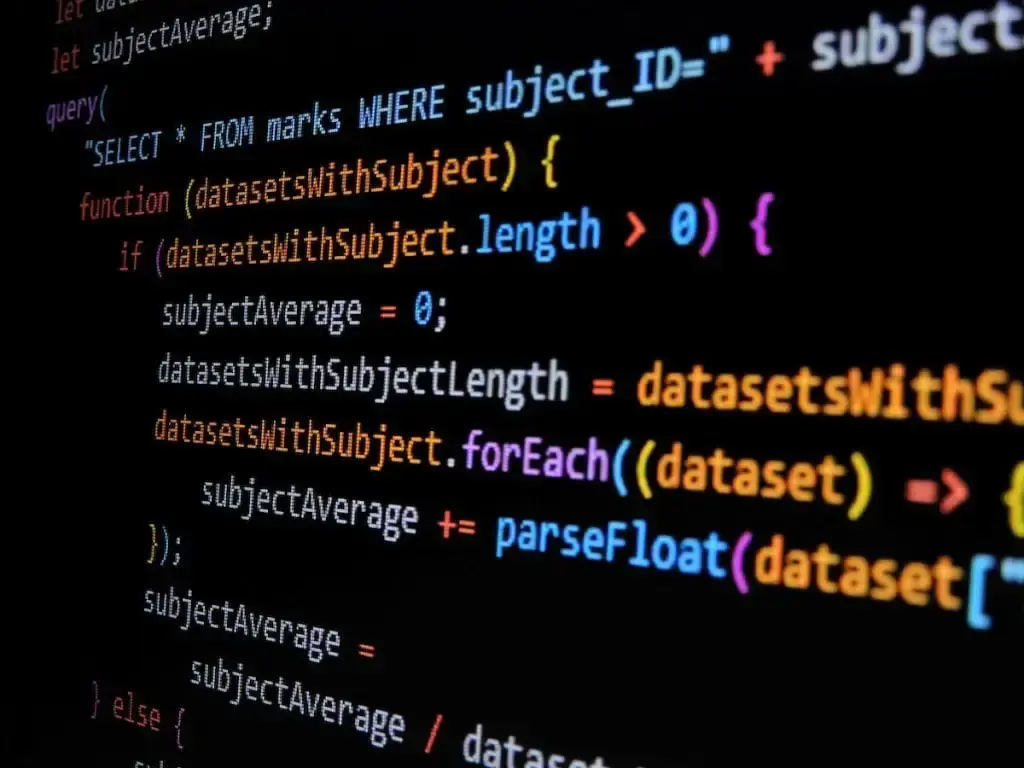I think we have to consider that the principles of the free software movement, revolutionary though they genuinely were, were also set in the same mindset that latterly saw its founder Richard Stallman spectacularly fall from grace. They are principles that deal in software development and licensing in strict isolation, outside of the social context of their use. They are code-centered, not human-centered.
(…)
It’s worth considering whose freedom we value. Do we value the freedom of the people who use software, or do we also value the freedom of the people the software is used on? While the latter group doesn’t always exist, when they do, how we consider them says a lot about us and our priorities.



The goal of the copyleft movement (which overlaps heavily with the free software movement) is to carve out an intellectual commons that can’t be re-enclosed. This commons is important for a number of reasons, including that it tends to be better for end-users of software in the sense that anti-features can’t really gain a foothold. It does not automatically solve UX issues, nor does it stop people from using the knowledge of the commons to do bad things.
Much of the strength of the intellectual commons is that it builds on itself, instead of having to re-invent the same things in a dozen or more different proprietary endeavors. If we were to start a “peace software” movement, it would be incompatible with the commons, due to the restrictions it imposes. Peace software can’t build on copyleft software, and none of the commons can build on peace software. These sorts of things were considered, and compatibility was deemed more important than pushing more specific values. This isn’t a matter of the FSF or OSI standing in the way, it’s just that “peace software” would have to go it alone.
Due to this dynamic, those that want to build “anticapitalist software” would be better served by using the GNU AGPL, rather than a license that restricts commercial use. The AGPL fixes the loophole that the GPL leaves open for network services, and should allow us to carve out a new noncommercial online ecosystem. It should even be used for non-network code, as that code may be repurposed or built upon by network services. I’m glad to see lemmy, kbin, and mastodon using it.